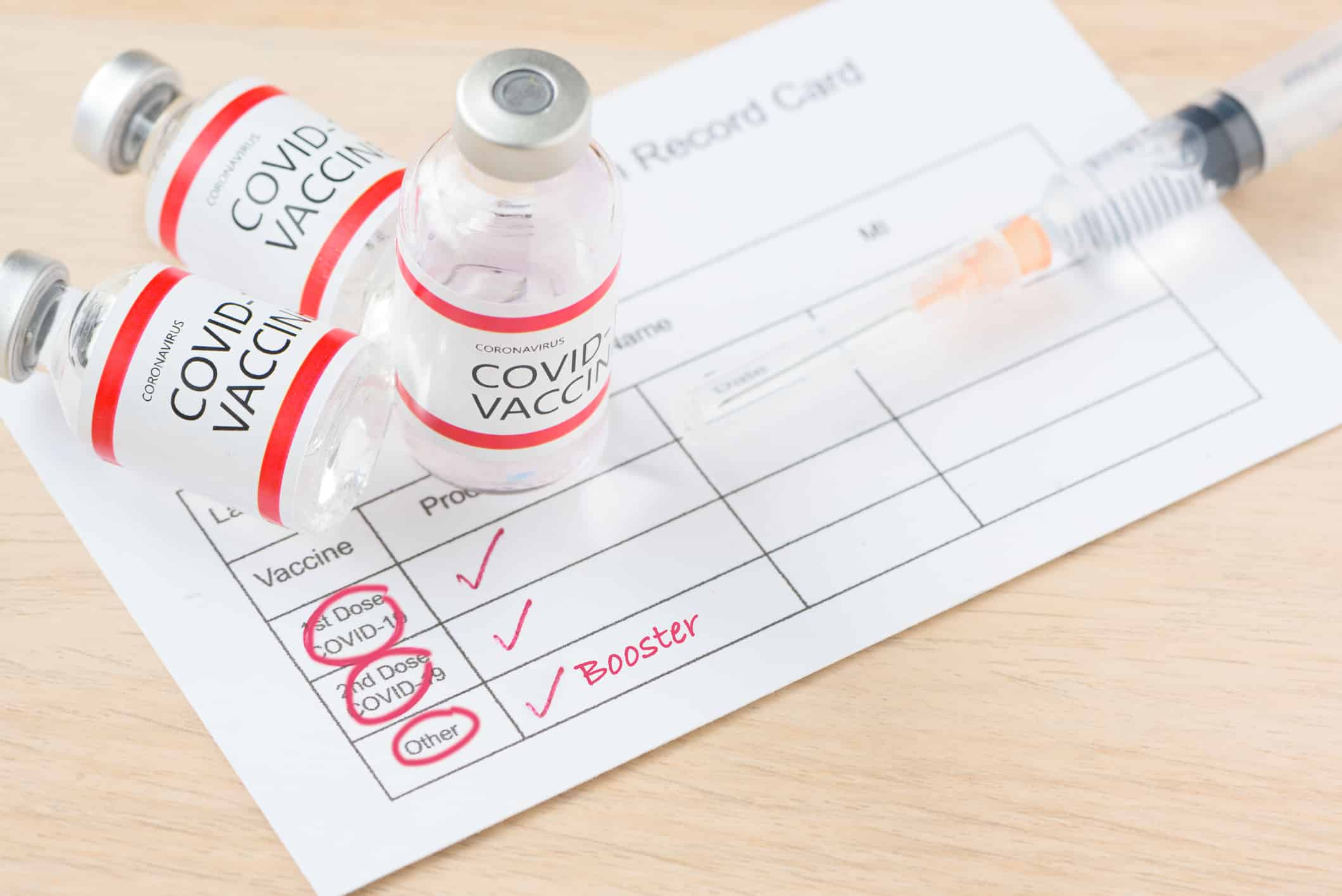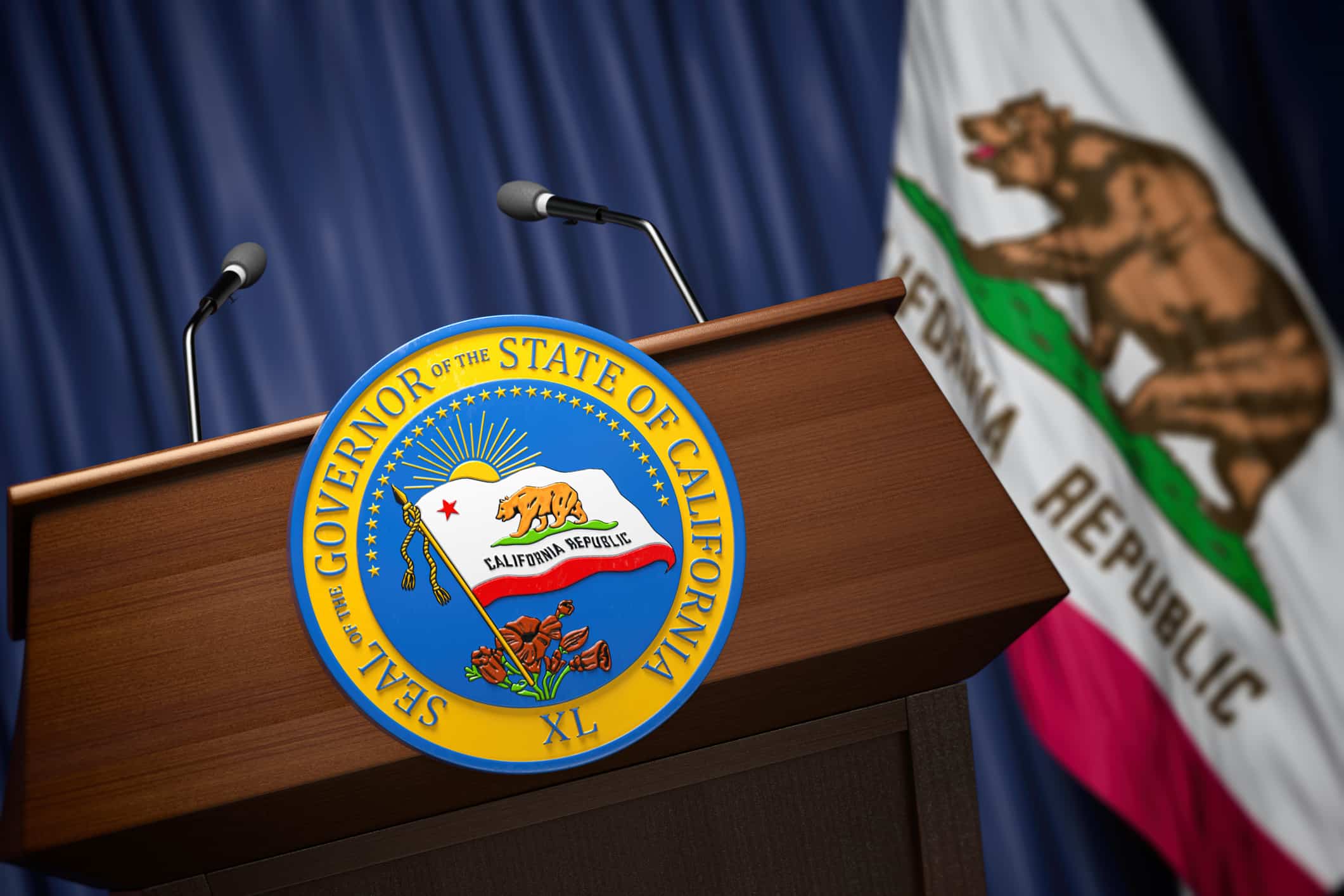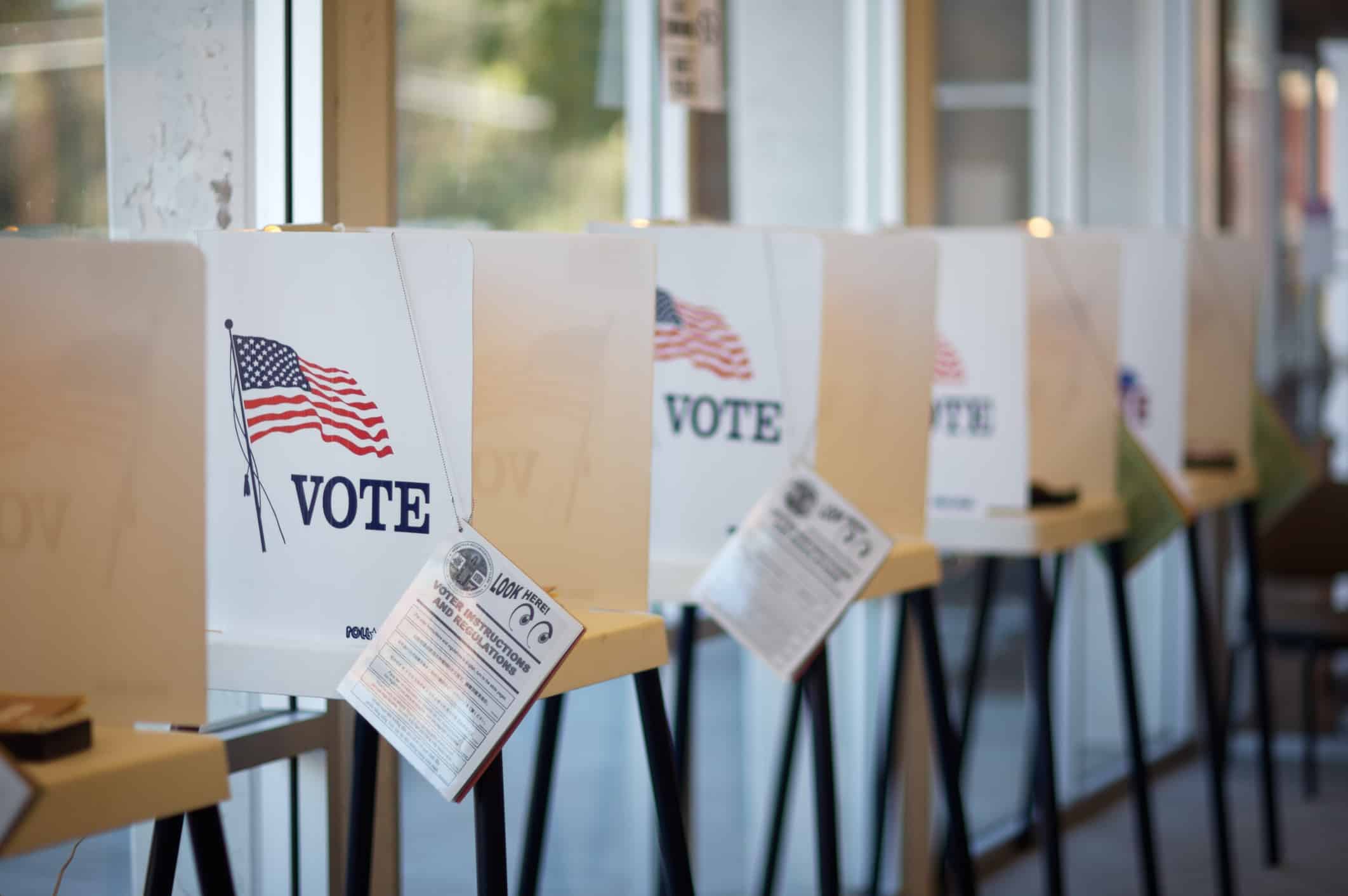Researchers from Spain and the United States collaborated on a study focusing on perceptions, attitudes, and behaviors of their respective populations during the COVID 19 crisis. The study, by the Emerson College (Boston)/ Blanquerna School of Communication and International Relations Center for Global Communication, compares the new survey in Spain with surveys of the entire United States and of the State of New York.
The study reveals differences between the two countries, as 81% of residents in Spain are confident that their healthcare system will effectively respond to the Coronavirus, compared to only 62% of Americans reporting confidence in their local hospitals to effectively handle the outbreak of Coronavirus (Emerson College/Nexstar National and New York Surveys).

Dr. Enric Ordeix, co-director of the Center for Global Communication notes that “the data suggests that people in Spain are more confident with their universal healthcare program than the people in the US are with American healthcare.”
Impact of COVID-19
The comparison also revealed many similarities between Spain and New York. A majority, 54%, of those polled in Spain, believe they have a low chance of getting sick with Coronavirus. In comparison, 52% of New Yorkers believed they had a low chance of getting sick with the virus (CUNY/Emerson Tracking Survey 4/5/2020).

In both Spain and New York, the same percentage – 1 in 10 people – report having someone at home with a fever or symptoms that are caused by Coronavirus.

In addition, 30% of Spaniards said that either they or someone in their households lost their jobs as a result of the virus. Similarly, 32% of New Yorkers last week also reported they or someone in their household lost jobs due to the virus.

Other differences included the impact of social distancing policy on social connectedness- 49% of Spaniards felt socially connected while only 2% of respondents said they felt no social connection. In contrast, 38% of New Yorkers said they felt no social connection at all – with only 25% feeling somewhat or mostly connected.

Regarding their mental outlook, 95% of Spaniards reported feeling at least somewhat hopeful in the past week, with 67% said they felt at least moderately hopeful during the past week. In New York, 40% said they felt hopeful at least a moderate amount of the time, while 80% reported feeling hopeful at least some of the time.

On the issue of depression, 29% in Spain said they have rarely felt depressed or hopeless in the last few weeks. In contrast, in New York, 40% indicated they rarely felt depressed or hopeless in the last few weeks.

Dr. Gregory Payne, co-director of the Center for Global Communication notes that “while difficult to compare cross-cultures, Spain and New York share similar circumstances in regards to the perception of catching the virus, people at home sick with the virus and about the same rate of job loss. However, Spain appears more positive and hopeful at this time about the future. This suggests that perhaps Spain is a few weeks ahead of New York, and in time New Yorkers’ anxiety will wane, or perhaps that the cultural differences and values are impacting these differing reactions to the crisis.”
A majority, 56% of those polled in Spain do not believe life will return to how it was before the virus. Similarly, 54% of people in New York concur that life won’t be the same.

Nearly 2 out of every 3 people in Spain think daily life will be disrupted for at least 2 more months; 17% think the disruption will be 4 months or longer. In comparison, in New York, about 50% of people believe it will last another 2 months with 27% saying the disruption will last longer than 4 months.

Sources and Trust in Spain
A majority of those surveyed in Spain get their news about Coronavirus from television: TVE was their most trusted news outlet with 26%, followed by LeSexta at 18%, Telecinco at 11% and television “of my autonomous community” at 10%. No other station had above 10%.
Young people ages 18-29 in Spain are getting their news from television at 52%, followed by social media at 21%. In contrast, 12% of people ages 30-49, 10% of 50-64 year olds, and just 3% of the 65 and older population are getting their news from social media. Those 65 and older are getting their news from TV, print media, and radio primarily.
The most trusted TV news outlet for Coronavirus information is TVE with 26%, followed by LaSexta with 18%, and Antena 3 with 16%. 11% trust Telecinco the most, 10% trust the television of their autonomous community, 4% trust BBC, and 3% trust Cuatro, while 8% trust other Spanish networks the most and 5% trust other global networks the most.
Respondents were asked a series of questions about their levels of trust for certain organizations about information regarding coronavirus. Overall, among those polled on the issue of “trust,” Health experts received support of 91%, the Spanish Government 42%, Autonomous Government 44%, Global Organization, 44%, European Union 37%.
Health experts were the most trusted, with 55% of respondents that trust them a lot, 36% that trust them some, 7% that trust them a little and just 2% who don’t trust them at all.
Those 65 years of age or older overwhelmingly put their trust in health experts with 78% trusting. 30-49 year olds were the least trusting, with only 41% who trust the health experts a lot.
Global organizations had 6% who trust them a lot, 38% trust them some, 41% trust them a little, and 15% don’t trust them at all.
When asked if they trusted the Autonomous government, 8% similarly trusted them a lot, 36% trusted them some, 36% trusted them a little, and 21% didn’t trust them at all.
The European Union had 7% that trust them a lot, 30% that trust them some, 39% that trust them a little, and 24% that don’t trust them at all.
The Spanish Government had 8% said they trusted them a lot, 34% trusted them some, 30% trusted them a little, and 29% didn’t trust them at all.
Government Response in Spain
There is general approval for the way the Spanish Government is handling the response to the outbreak: 45% approve and 37% disapprove, 18% undecided.
Approval for the Autonomous Governments handling was better, with 49% approval, 30% disapproval and 21% undecided.
Additional Findings in Spain
56% of respondents in Spain believe life will never be the same after the Coronavirus pandemic. 44% were more confident in saying that life will return to normal once the outbreak ends.
The survey found that people are more uncertain as to when they think the disruption to daily life will end, however, with just 2% who think it will end in 2 weeks or less. 28% believe the disruption to daily life will end in 2-4 weeks, 37% believe it will end in 2 months, 16% see the end in 3 months, while 17% don’t see an end in sight for 4 or more months.
Men were slightly more optimistic than women, as 23% of women and only 13% of men think that the disruption to daily life will continue for 4 or more months.
Respondents had a strong amount of confidence in their healthcare system, with 38% claiming to be very confident, 44% somewhat confident, 15% not so confident, and just 4% not confident at all.
7% of respondents rate their chances of getting Coronavirus as very high, 39% believe they have a high chance of getting the virus. 43% believe their chances of getting COVID-19 are low, and 11% believe the chances are very low.
The majority of respondents in Spain have a moderate level of knowledge about COVID-19. 30% report that they know a lot about it, while 62% said they know somewhat about it, and just 8% claim to know very little.
Younger people were much more likely to say they have some knowledge about Coronavirus, with only 4% that know very little in the 18-29 age group. In contrast, 14% of 65 and older respondents said they knew very little about the outbreak.
Caller ID
The Center for Global Communication COVID-19 Spain survey was conducted April 5-7, 2020. Data was collected through an online panel April 5-7th provided by Dynata Market Research located in Madrid, Spain. Data was analyzed by Emerson College Polling from Boston, Massachusetts and Blanquerna School of Communication and International Relations, Ramon Llull University in Barcelona, Spain. The sample was n=800 nationwide with a +/-3.4% credibility interval. Data from Spain was compared to other Emerson College Polling collaboration surveys of the United States and the state of New York.. The US and New York State survey samples each consisted of n= 1,000 residents, with +/- 3% credibility intervals.







